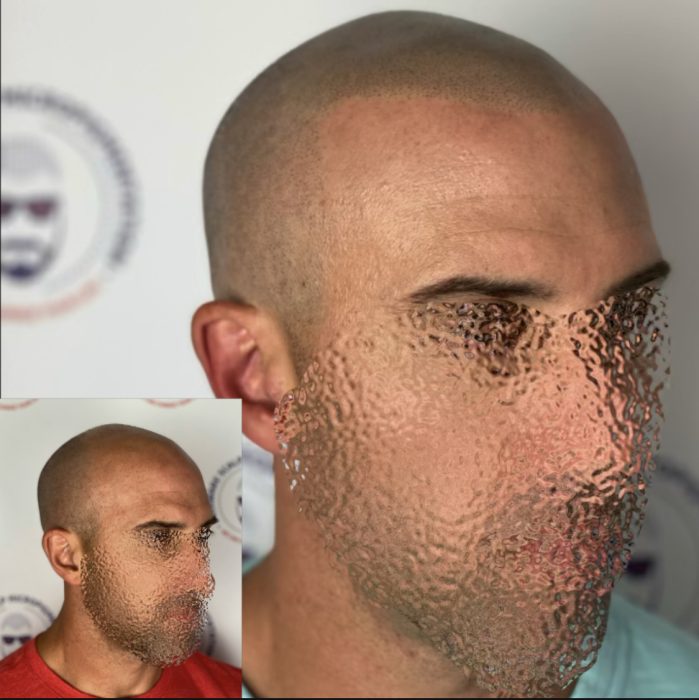If you’re suffering from hair thinning or baldness, you’re not alone. According to the American Hair Loss Association, “By the age of 35, approximately 66% and by the age of 50, approximately 85% of men have signs of hair loss in the USA.
Why? It’s usually something you can blame on your hereditary traits, but there can be several other reasons. Here are the five most common causes of hair loss in men.
Genetics
Family history or androgenetic alopecia that happens with aging is the most common cause of hair loss in men. Known as male pattern hair loss, more than 95% of men are suffering from this type of baldness in the US. Depending on your family history, it usually starts in young adulthood and gradually progresses with age.
Hormonal changes are one of the biggest reasons for hereditary hair loss. For males, this type of hair loss is characterized by a receding hairline, bald spots, or thinning around the crown of the head.
Medications and Medical Conditions
A variety of medications and supplements are the overwhelming culprit of hair loss in men. Thinning hair, receding hairline, or baldness can be a side effect of certain medications and supplements. These drugs are those that are used for diseases and conditions such as high blood pressure, cancer, arthritis, gout, depression, and heart problems.
Chemotherapy is also one of the most sought-after reasons for hair loss in men. Hair usually starts to grow once the medication stops. Some antidepressants may also cause hair loss, and excessive use of vitamin A can result in the same.
Stress
If you’re noticing a lot of hair falling out on your pillow, on the floor, or stuck in the shower drain, you can blame stress for that. The increased amount of physical or emotional stress – whether it be from a toxic relationship, work, disease, surgery, or rapid weight loss – can not only impact your physical or mental health but can also cause hair to stop growing normally.
Also known as telogen effluvium, people suffering from intense stress problems can lose 100-150 strands in a day. If you’re experiencing excessive shedding of more than 150 strands a day, you need to consult a doctor. In such conditions, excessive hair starts falling out 2 to 3 months and peaks about 4 to 5 months later.
Age
Although male pattern baldness can start at any age, most men experience some type of hair loss as they get older. Compared to young age, our cells die off more frequently than they regenerate in old age.
When we’re older, our hair gets weaker and thinner as we produce less oil in our scalp. This can also cause overall hair thinning or baldness in men. Hormonal changes or inherited traits could also be the reasons for hair loss in older age.
Diet and Nutrition
Last but not least – diet and nutritional deficiencies can also be the major factors for hair thinning and shedding in men. Iron, zinc, vitamin D, Vitamin E, Vitamin A, niacin, fatty acids are some of the many nutrient deficiencies that cause hair loss in men.
If you’re experiencing hair loss related to diet and nutrition, it’s difficult to self-diagnose it. A specialist or nutritionist can test for inadequacies and make diet and supplement suggestions and possibly suggest different kinds of treatment.
Conclusion!
Most baldness in men is caused by these above factors. Some types of male pattern hair loss are preventable, others are not. If you’ve been searching for the best solution for your hair loss, you can count on scalp micropigmentation. It is one of the fast, safe, and effective treatments that can help you look young and handsome by achieving a natural and realistic look.
At Delaware Scalp Micropigmentation, we offer professional and reliable SMP treatment for all types of hair loss in men. Whether you’re suffering from full hair loss, scalp scar camouflage, or thinning hair, our variety of scalp micropigmentation treatments have got you covered. Get a free consultation today. Contact us at (+1 302-292-0380) for more information.

